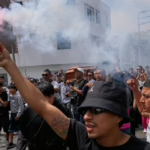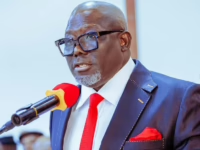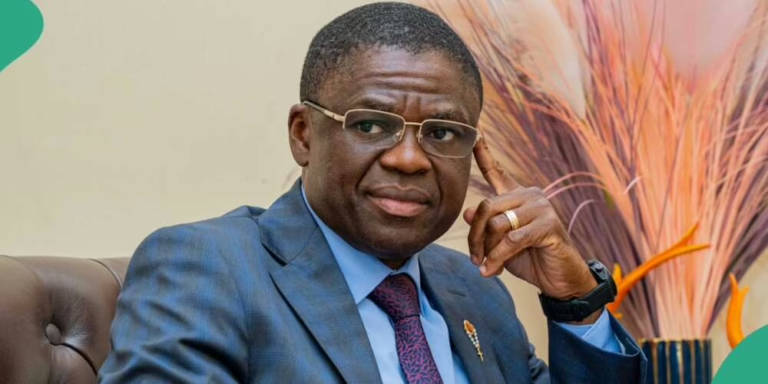Comrade Philip Shaibu, the Director-General of the National Institute for Sports (NIS), has reiterated his unwavering commitment to revitalizing the institute as a top-tier training hub for coaches and elite athletes, not only within Nigeria but throughout Africa. He shared this vision during a press briefing following his formal assumption of duties at the NIS headquarters in Abuja yesterday.
Since his appointment by President Bola Ahmed Tinubu, Comrade Shaibu had been operating remotely, citing the severely deteriorated state of the institute’s facilities as a major hindrance. He lamented that the NIS, originally modeled after the highly successful Australian Institute of Sport, has suffered significant neglect under previous sports administrations.
“It is disheartening to witness an institution that should lead Nigeria’s sports development in such a neglected condition,” Shaibu stated. “My mandate is clear: to transform the NIS into a centre of excellence that serves not only Nigeria but the entire African continent. The institute’s founding mission was ambitious and global, focused on cultivating world-class coaches and athletes.”
During his inspection of the NIS premises in Lagos, Shaibu was particularly struck by the extent of neglect. “I was astonished to find a tree growing right in the middle of a tennis court, a vivid symbol of the disregard the institute has endured,” he revealed.
He emphasized that the decline of the NIS cannot be attributed solely to its staff. “The Ministry of Sports bears significant responsibility-perhaps 60 to 70 percent-for this downturn. Past ministers failed to prioritize the institute despite its pivotal role in sports advancement. The Abuja Athletes Development Centre, established by former President Olusegun Obasanjo, was meant to centralize training resources for all 37 sports disciplines in Nigeria,” he explained.
Shaibu also drew attention to the underexploited infrastructure at the NIS, including a 200-bed, fully equipped accommodation facility intended for athletes. “Our capacity allows us to host up to 800 athletes without relying on external facilities. Regrettably, there is a preference among officials to send athletes abroad for training, which often serves personal interests rather than Nigeria’s sporting progress,” he noted.
Expressing his resolve to tackle these challenges head-on, Shaibu aligned his mission with the government’s ‘Renew Hope Agenda.’ “This is a formidable task, but one I wholeheartedly accept. My objective is to restore the NIS as the premier centre of sporting excellence across Africa,” he affirmed, highlighting that the institute’s facilities are unmatched on the continent-a fact recently acknowledged by visiting officials from Tunisia.






















